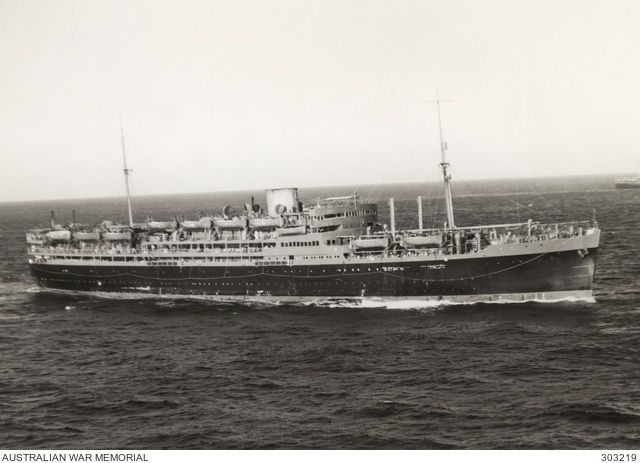Camp Leader
- Joanne Tapiolas
- Jan 21
- 3 min read
Giovanni Borghi, as early as 2nd July 1940 during the Arandora Star voyage and tragedy, emerged as a leader of the Italian internees as was mentioned by Captain Robertson of the Arandora Star. His leadership continued throughout his internment in Australia.
The Australian authorities saw Giovanni as a very fine type and good camp leader. In their opinion, he was pro-Italian, but not anti-British and did not support the Fascist regime. A Loveday Report, concluded that Giovanni, conducted himself in an excellent manner, was co-operative and rendered very valuable assistance.
The weight of responsibility was tremendous; he was responsible for a group of 200 United Kingdom Italian internees who had survived the sinking of the Arandora Star, endured a hellish 55 day voyage on the Dunera from Liverpool, England to Melbourne, Australia and were now ‘abandoned’ by the British Government in internment camps in Australia.
In his role as camp leader Colonel Borghi was protector of the vulnerable, responsible for the daily welfare of 200 men and the efficient running of the camp, a mentor, moderator and motivator. He advocated through official channels on behalf of the UK Italian internees on a range of areas: seeking clothing and basic necessities; for financial assistance for Pirelli Ltd and subsidiaries employees in camp; and in clarifying rulings regarding sending of telegrams. On 29th December 1940, almost six months since arrest and internment Giovanni wrote: We have the feeling that we are completely abandoned by them [Japanese Legation acting on behalf of the Italian Government] and were it not for the kindness and consideration of the Australia authorities and organisations, our plight might be very sad indeed. (NAA:A367, C75911)
Upon receiving notification of his approval to return to the UK to appear before the Italian Advisory Board, Colonel Borghi penned the following words to his wife Helen on the 15th November 1943: On the 11 Nov. which you know is the King of Italy’s birthday I have said a few words for the occasion and then told the men present – the “great Fascists” were of course brilliantly absent – that I was leaving them. I can assure you that I have been seldom affected by emotion as at that moment. I saw many of them, young and old, with tears in their eyes. I do not know how I managed to blubber a few words of thanks to them to impress on them the necessity of avoiding quarrels and discussions and to think of their families, their future and their country. One cannot help living for 3 ½ years with a group of men without becoming attached to them. In spite of all their shortcomings and I am very sad at heart to leave them here with their future still undecided. But I am greatly comforted by the thought that I have done for them all I could do and even if at times I have erred, I always had their welfare in my mind and I have never allowed my personal interests or convenience to come before my duty. I leave with a clear conscience of having completed my mission to the best of my ability. (NAA:A367, C75811)




Comments